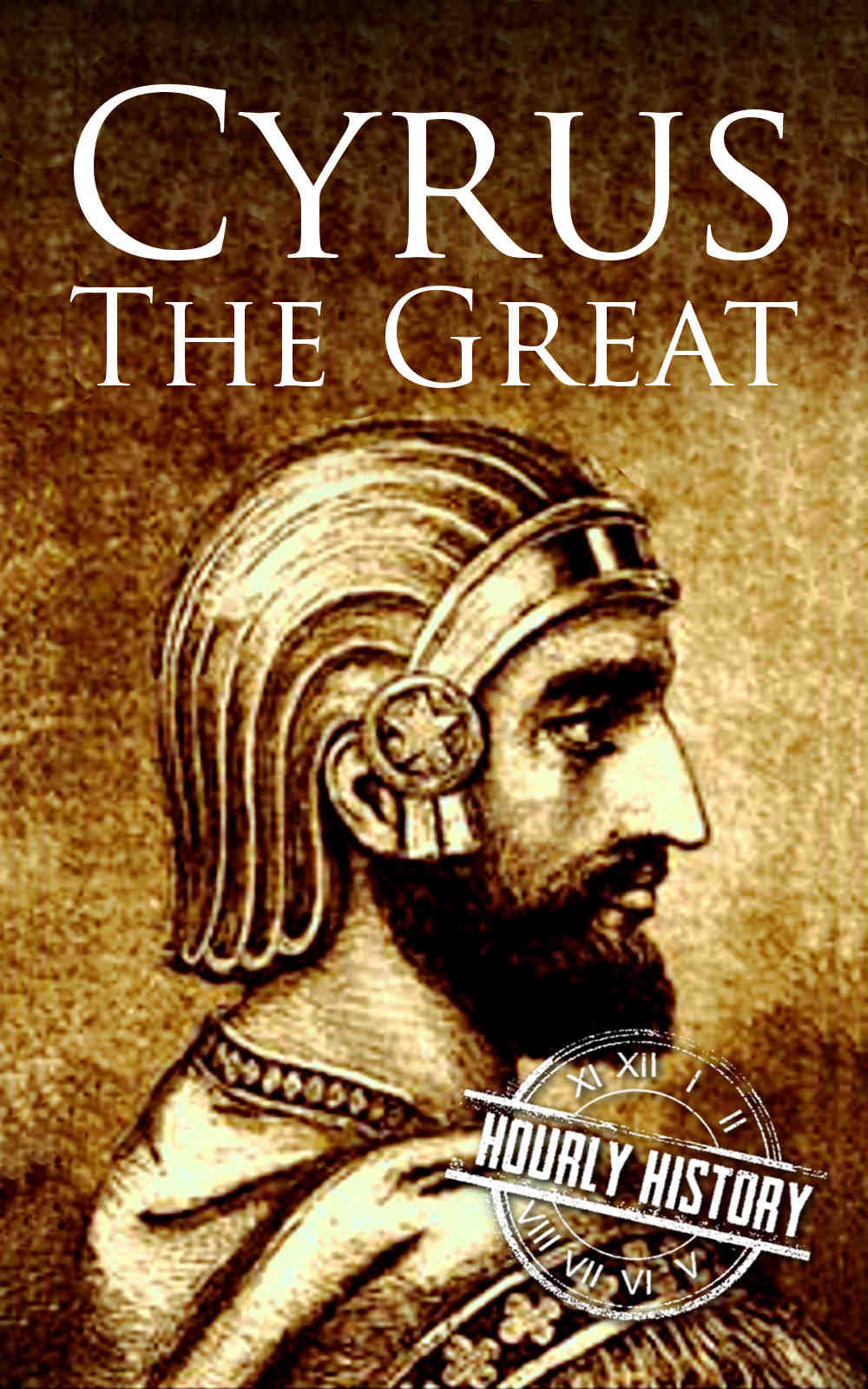Cyrus II of Persia was one of the greatest leaders that the world had ever known; he was the one in whose footsteps other empire builders would follow. From Alexander the Great to countless Roman emperors and Ottoman sultans—it was the mighty shoes of Cyrus that they all attempted to fill.
Inside you will read about...
✓ Farming in Ireland
✓ The Blight Arrives
✓ Full-blown Famine
✓ Mass Emigration
✓ Poor Laws, Revolt, and the Return of the Blight
✓ Aftermath and Legacy
And much more!
More than merely a successful conqueror, Cyrus the Great is known just as much for being a great liberator as he is known for his conquests. He was even credited in the Bible as the one who freed the Jews from their long-held Babylonian exile. By the time of his death, Cyrus controlled more land and people than anyone before him. Under his dominion were countless principalities, nationalities, ethnicities, and religions of all kinds. In contrast to many other powerful rulers, Cyrus did not seek to oppress his subjects or interfere with their way of life, religions, or local customs. It is for this reason that, as great as his temporal conquests may have been, the benevolence of Cyrus the Great’s leadership stands as his greatest attribute of all.
The life of Cyrus the Great remains as an unparalleled testament in the annals of history.
Timeline
600-580 BCE
Born in the kingdom of Persia (modern-day Iran).
According to legend, Cyrus’ maternal grandfather and ruler of the nearby kingdom of Media, Astyages, plotted to have Cyrus killed immediately upon his birth. Astyages had had a dream which was interpreted to mean that Cyrus was destined to overthrow him and take his kingdom. Harpagus, the man Astyages had tasked with killing Cyrus, did not complete the task, however, and handed the boy over to a sheep herder who raised the child as his own. At age 10, Cyrus’ true identity was revealed and he was returned to his biological parents.
559 BCE
Cyrus became king of Persia.
Cyrus ascended the throne of Persia as Cyrus II. It appears his father, Cambyses I, stepped down in favor of his son. Cambyses I would eventually die about eight years later in 551 BCE.
550 BCE
The Achaemenid Empire was founded.
In 553 BCE, Cyrus led an army against Astyages' kingdom of Media, which he conquered by 550 BCE. With the merging of the kingdoms of Persia and Media, the Achaemenid Empire, also known as the First Persian Empire, was born.
546 BCE
Cyrus started building his capital city, Pasargadae.
Construction of the first capital of the empire, Pasargadae, was commenced on the site of Cyrus’ victory against Astyages.
545 BCE
Cyrus conquered the Lydian Empire.
After his conquest of Media, Cyrus turned his attention to the Lydian Empire and its king, Croesus. By the mid-540s BCE, Cyrus had defeated Croesus and added Lydia to his empire. According to some sources, he allowed Croesus to live and kept him as an advisor.
539 BCE
Cyrus became king of Babylon.
Cyrus led a campaign against the Neo-Babylonian Empire which by the end of the year was added to the ever-growing Achaemenid Empire. The resulting massive kingdom, the largest the world had known to that point, stretched from the Indus River in the east to Asia Minor in the west. Now, Cyrus the Great proclaimed himself “king of the four corners of the world.”
538 BCE
Cyrus' wife, Cassandane, died.
Cyrus’ beloved wife, Cassandane, passed away. With her, Cyrus had fathered five children: sons Cambyses II and Bardiya (known to some as Smerdis), and daughters Atossa, Artystone, and Roxane. Atossa would later marry Darius I, or Darius the Great, who ruled the Achaemenid Empire at the height of its expansion.
530 BCE
Cyrus the Great died.
There are several conflicting versions of Cyrus the Great's death. The traditional view, portrayed by ancient historian Herodotus, is that he was slain by the forces of Queen Tomyris of the Massagetae. This warrior queen reigned over the lands bordering the northern regions of the Achaemenid Empire, which Cyrus was eager to conquer. According to Herodotus’ account, Cyrus failed in his endeavor and was killed during the battle. His oldest son, Cambyses II, succeeded him as ruler of the Achaemenid Empire, which would continue to thrive until Alexander the Great overthrew its last king, Darius III, in 330 BCE.


